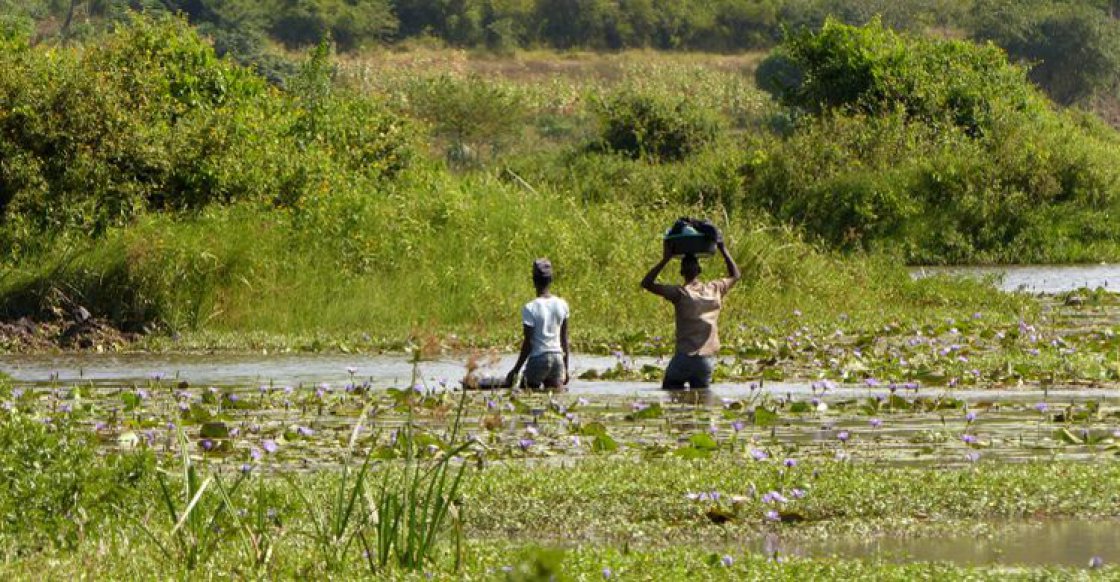You are here
Conserving Waterbirds in Africa’s Sahelo-Saharan Region

French version available here.
Rome, 10 May 2017- The partners of the RESSOURCE project meeting in Rome at the seat of the Food and Agricultural Organization of the United Nations (FAO) from 9 to 11 May are keen to stress the importance of the conservation and sustainable use of migratory waterbirds in the Sahelo-Saharan region of Africa.
The initial results of the project seem to indicate that hunting waterbirds for food is far from negligible and that it contributes to improving living conditions for local communities. These birds also have a high cultural value. As the theme for this year’s World Migratory Bird Day says, “Their Future is Our Future” – protecting birds also means ensuring a sustainable and healthy future for the planet and hence for us humans as well.
“The conservation of migratory birds of course requires international cooperation but also has to be implemented on the ground in local communities. This great challenge we face will contribute both to the Aichi Targets and to sustainable development at the same time”
François Lamarque, Vice-Chair of the AEWA Standing Committee and a member of the RESSOURCE Steering Committee
The project is known as RESSOURCE, the acronym for the French equivalent of "Strengthening expertise in Sub -Saharan Africa on birds and their rational use for communities and their environment". The ecosystems at the core of the project are based on the Senegal River Valley, the Inner Niger Delta, Lake Chad and parts of the River Nile, areas upon which almost one billion people depend for agriculture, rearing of livestock, fishing and hunting.
The involvement of the FAO in this project demonstrates clearly the importance that waterbirds have for food and socio-economic security of populations living in wetlands, which are vital but very fragile ecosystems. These are threatened by considerable man-made pressures, the impact of which is exacerbated by the growth of the human population and the risks associated with global climate change.
“World Migratory Bird Day contributes to raising awareness and to persuading all stakeholders, north and south, from children in the villages to decision-makers, that our future is linked to that of the birds”
Jacques Trouvilliez, Executive Secretary of AEWA
